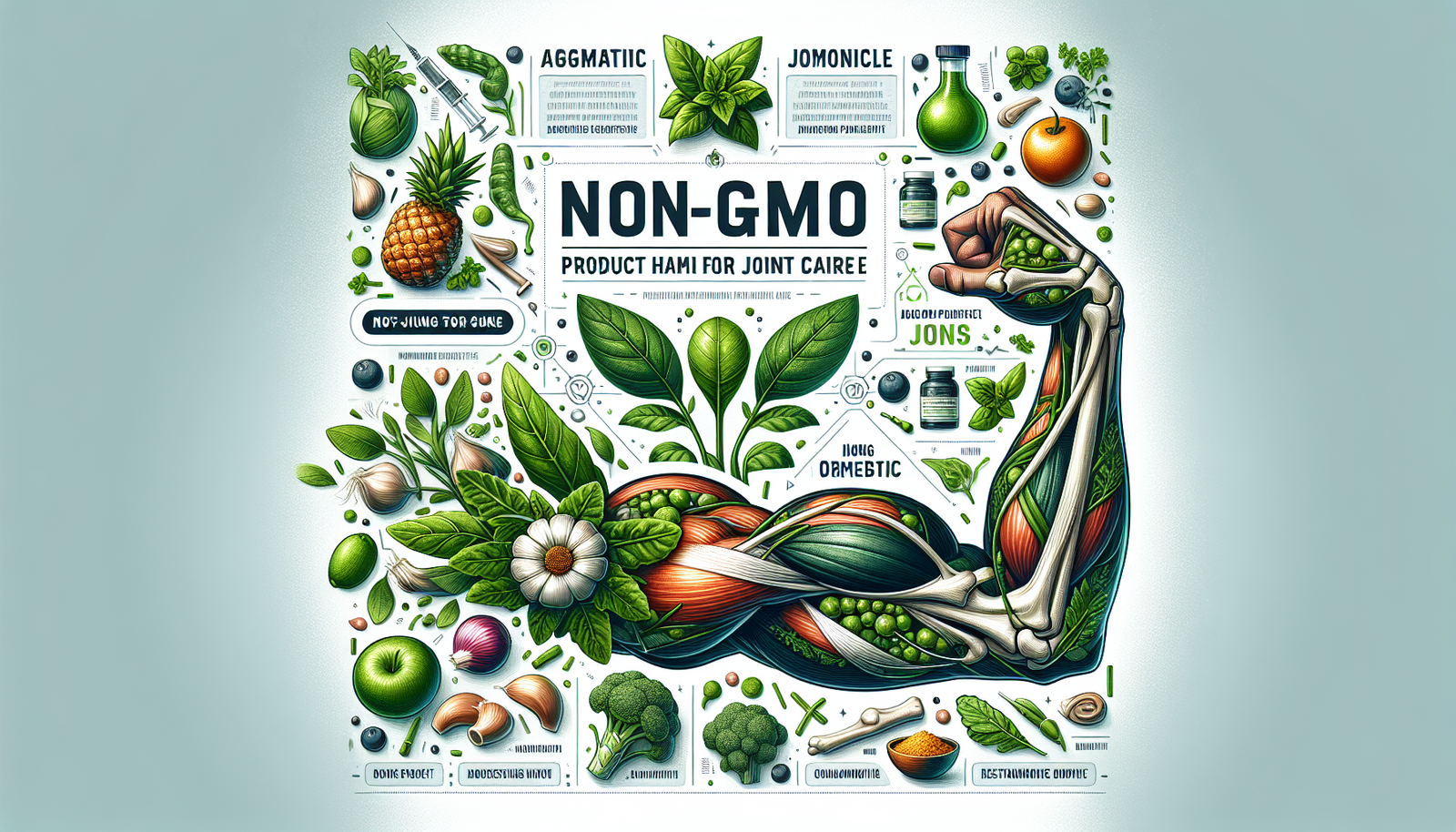Natural Anti-Inflammatory Remedies You Can Try at Home
Understanding Inflammation
What is Inflammation?
Inflammation is the body’s natural response to injury or infection. It involves a complex biological process where the immune system sends white blood cells and other substances to the injury site to promote healing. However, when inflammation becomes chronic, it can lead to various health issues, including arthritis, heart disease, and even cancer.
Types of Inflammation
There are two main types of inflammation: acute and chronic.
Acute Inflammation
Acute inflammation is a short-term response that helps the body heal from injuries or infections. Symptoms include pain, redness, heat, and swelling.
Chronic Inflammation
Chronic inflammation, on the other hand, is a long-term response that can last for months or even years. It often occurs when the immune system mistakenly attacks healthy tissue, leading to various health problems.
Natural Anti-Inflammatory Remedies
Herbs and Spices
Turmeric
Turmeric is perhaps one of the most well-known anti-inflammatory spices. The active compound in turmeric, curcumin, has powerful anti-inflammatory properties. You can add turmeric to soups, stews, or smoothies, or create a turmeric tea by mixing turmeric powder with hot water and a bit of honey.
Ginger
Ginger is another powerhouse when it comes to fighting inflammation. It contains compounds called gingerols that help reduce inflammation and pain. You can use fresh ginger in cooking, brew it into tea, or incorporate it into smoothies.
Garlic
Garlic is not only a flavor enhancer but also an effective anti-inflammatory agent. It has sulfur-containing compounds that have been shown to reduce inflammation. Consuming raw garlic or adding it to your meals can be beneficial for managing inflammation.
Foods Rich in Omega-3 Fatty Acids
Fatty Fish
Fatty fish, such as salmon, mackerel, sardines, and trout, are excellent sources of omega-3 fatty acids. These healthy fats are known for their anti-inflammatory properties. Aim to include fatty fish in your diet at least twice a week.
Chia Seeds
Chia seeds are small but mighty when it comes to nutrition. They are packed with omega-3 fatty acids, fiber, and antioxidants. Sprinkle chia seeds on yogurt, salads, or smoothies for an easy nutritional boost.
Walnuts
Walnuts are another great source of omega-3s. A small handful can provide a significant amount of anti-inflammatory fatty acids. Add walnuts to your oatmeal, salads, or enjoy them as a snack.
Fruits and Vegetables
Berries
Berries like blueberries, strawberries, and raspberries are not only delicious but also rich in antioxidants. These compounds help fight inflammation and oxidative stress. Enjoy them fresh, in smoothies, or as a topping for oatmeal.
Leafy Greens
Leafy greens, such as spinach, kale, and Swiss chard, are packed with vitamins, minerals, and antioxidants. They are highly anti-inflammatory and can easily be added to salads, smoothies, or stir-fries.
Beets
Beets have a unique pigment called betalains, which has been shown to exhibit anti-inflammatory properties. You can roast beets, blend them into smoothies, or juice them for a refreshing drink.
Vitamin E-Rich Foods
Nuts and Seeds
Nuts and seeds, particularly almonds and sunflower seeds, are excellent sources of vitamin E, which have anti-inflammatory properties. Incorporating these into your diet can be as simple as having a handful as a snack or adding them to your meals.
Avocado
Avocados are not only creamy and delicious but also packed with healthy fats and vitamin E. They can be used in salads, spreads, or simply enjoyed on their own.
Fermented Foods
Kefir
Kefir is a fermented milk drink rich in probiotics, which can promote gut health and help reduce inflammation. You can drink it on its own, add it to smoothies, or use it in salad dressings.
<h4/Kombucha
Kombucha is another fermented drink that can help promote gut health. The probiotics in kombucha can have a positive effect on inflammation. It’s available in many flavors and can be enjoyed as a refreshing beverage.
Healthy Fats
Olive Oil
Olive oil, especially extra virgin olive oil, is rich in healthy monounsaturated fats and antioxidants. It can help reduce inflammation. Use it for salad dressings, cooking, or drizzling over vegetables.
Coconut Oil
Coconut oil contains medium-chain triglycerides (MCTs), which can provide anti-inflammatory benefits. Consider using it in cooking or baking for a flavorful, healthy fat option.
Staying Hydrated
Importance of Water
Staying well-hydrated is essential for overall health and can aid in reducing inflammation. Water helps maintain the fluid balance in the body and supports cellular function. Aim for at least eight glasses of water daily.
Herbal Teas
Herbal teas can also be a great way to increase your fluid intake while benefiting from their anti-inflammatory properties. Consider drinking teas made from chamomile, green tea, or rooibos.
Life Changes for Reducing Inflammation
Regular Exercise
Engaging in regular physical activity can significantly reduce inflammation in the body. Exercise helps to improve circulation, lowers levels of inflammatory markers, and encourages the release of endorphins, which can alleviate pain.
Types of Exercise
Aim for a combination of aerobic exercises, such as walking, running, or cycling, with strength training and flexibility exercises, like yoga or pilates.
Stress Management
Chronic stress can promote inflammation in the body. Finding effective ways to manage stress is crucial.
Meditation and Mindfulness
Practicing meditation or mindfulness techniques can help reduce stress levels. Dedicate even a few minutes each day to breathe deeply and focus on the present moment.
Deep Breathing Exercises
Deep breathing exercises can also help calm the mind and reduce stress. Take a moment to inhale deeply through your nose, hold for a few seconds, and exhale slowly through your mouth.
Getting Enough Sleep
Poor sleep quality can exacerbate inflammation. Aim for 7 to 9 hours of quality sleep each night. Establishing a relaxing bedtime routine can help promote better sleep.
Supplements for Inflammation
Omega-3 Supplements
If you find it difficult to consume enough omega-3 rich foods, consider omega-3 supplements. These can support reduced inflammation and promote overall heart health.
Curcumin Supplements
Curcumin supplements can provide higher doses of this powerful anti-inflammatory compound found in turmeric. Consult with a healthcare professional before starting any new supplement regimen.
Probiotics
Probiotic supplements can help improve gut health and reduce inflammation. There are many different strains available, so it may be helpful to research or consult a healthcare provider to find the best fit for you.
Home Remedies for Inflammation
Cold Therapy
Applying ice packs to inflamed areas can help reduce swelling and pain. Wrap ice in a cloth and apply it to the affected area for 15 to 20 minutes at a time.
Warm Compresses
Conversely, using warm compresses can help relax muscles and improve circulation in areas suffering from stiffness or chronic inflammation.
How to Make a Warm Compress
Fill a clean cloth with warm water and apply it to the affected area. Be cautious not to use water that’s too hot to avoid burns.
Epsom Salt Baths
Epsom salt, which contains magnesium sulfate, can help soothe inflamed muscles and joints. Adding Epsom salt to your bathwater can provide relaxation and relief from discomfort.
Essential Oils
Certain essential oils, such as lavender and frankincense, may provide anti-inflammatory benefits. You can use a diffuser or mix a few drops with a carrier oil for topical application.
Prevention of Inflammation
Healthy Eating Patterns
Adopting an overall healthy diet rich in whole foods can help prevent inflammation. Focus on consuming a variety of fruits, vegetables, whole grains, lean proteins, and healthy fats.
Limiting Processed Foods
Try to reduce your intake of processed foods, added sugars, and trans fats. These can contribute to systemic inflammation in the body.
Avoiding Smoking and Excessive Alcohol Consumption
Both smoking and excessive alcohol can lead to increased inflammation. If you smoke, consider seeking support to quit, and enjoy alcohol in moderation.
Regular Health Check-Ups
Regular check-ups with healthcare providers can help identify potential health issues before they escalate and promote a proactive approach to managing inflammation.
Listening to Your Body
Understanding Symptoms
Paying attention to your body’s signals is crucial in managing inflammation. If you notice persistent pain or discomfort, consider consulting a healthcare professional for tailored advice.
Personalizing Your Approach
Everyone’s body responds differently to various foods and remedies. It’s important to be patient and experiment with different approaches to discover what works best for you.
Building a Support System
Engaging with friends, support groups, or professionals focused on health can provide encouragement and shared experiences in managing inflammation together.
Final Thoughts
While various remedies can significantly assist in reducing inflammation, always listen to your body and consult with a healthcare professional when necessary. By considering natural remedies and making lifestyle adjustments, you can take proactive steps toward a healthier, inflammation-free life.








